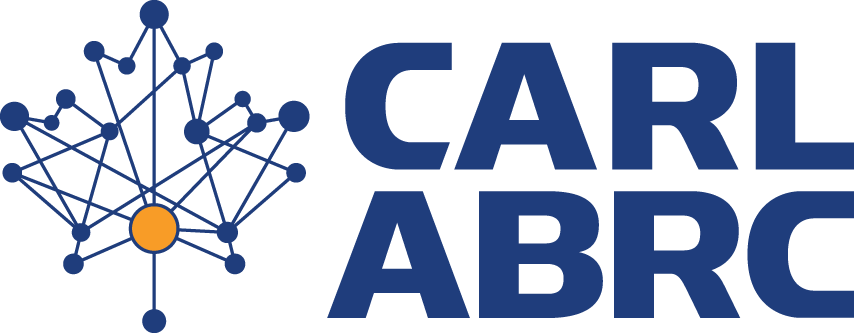Communities of Practice
- CARL's comments to the CUSMA consultations (2025)
- The facts about education and copyright (2024)
- CARL's response to the Consultation on Copyright in the Age of Generative AI (2023)
- Addressing the Impacts of Copyright Term Extension in Canada (2023)
- Strengthening Canadian User Rights Through Shared Understanding: Adapting the Codes of Best Practices in Fair Use for Canada (2021)
- CARL's brief to the Ontario Government’s consultation Trustworthy Artificial Intelligence (AI) Framework. (2021)
- CFLA-CARL Joint Response to Consultation on Copyright Term Extension (2021)
- CFLA/CARL/CULC brief on a modern framework for online intermediaries (2021)
- CFLA-CARL Letter to federal and provincial governments regarding Crown Copyright (2020)
- CFLA-CARL Brief to the Standing Committee on Canadian Heritage Study on Remuneration Models for Artists and Creative Industries (2019)
- CARL Statement on the United States-Mexico-Canada Agreement (USMCA) (2018)
- CARL Submission to the Consultation on Options for Reform of the Copyright Board of Canada (2017)
- CARL's Objection to Access Copyright's Proposed Tariff (2017)
- CARL Statement on Fair Dealing and Copyright (2016)
- CARL's Letter on Educational Fair Dealing (2015)
Copyright is an important issue for Canada’s research libraries. The sharing of information and knowledge is governed by copyright legislation, jurisprudence and licenses. While copyright can be complex, distinguishing what uses are allowed from what are not, and seeking appropriate permissions from rightsholders when necessary, is vital for librarians, students, faculty and researchers across Canada.
CARL advocates for copyright legislation that is fair to users and workable for libraries. We inform decision-makers of the needs of research libraries and how copyright-related agreements may affect libraries or their users.
CARL’s work in this area is guided by its Policy and Advocacy Committee as well as the many highly-qualified copyright specialists in CARL member libraries across the country. CARL also collaborates with the broader library community as appropriate to ensure a strong national voice for libraries.
Some Key Copyright Concepts
Copyright gives creators the exclusive right to control the use of their original works—most of which are found in research libraries. Governed by Canada’s Copyright Act, it includes important exceptions like fair dealing and special allowances for libraries. CARL actively engages in copyright policy to support both access and rights. Explore our Key Copyright Concepts to learn more about essential topics like public domain, Crown copyright, orphan works, Creative Commons, and copyright collectives.
Codes of Best Practice
CARL’s Copyright Codes of Best Practices offer informed guidance to support libraries in responsibly using copyright-protected materials. The codes focus on two key areas: Educational Fair Dealing and Crown Copyright. While developed through legal and peer review to ensure they present defensible models, they are not a substitute for legal advice.
Copyright Open Educational Resource
This self-paced, bilingual series of short modules offers a general overview of copyright for university employees in Canada. Each module includes a brief video, a transcript, and a quiz to support learning. Designed to complement institutional resources, the course is freely available and ideal for campus-wide use. Source files and implementation tips are also available to help integrate the content into local training efforts.
University Copyright Guides
CARL member libraries are great resources on copyright. The following links include general information on copyright and instructions on copying in academia.
Western Members
Ontario Members
Québec Members
- Concordia University
- Université Laval (in French)
- McGill University
- Université de Montréal (in French)
- UQÀM (in French)
- Université de Sherbrooke (in French)
Atlantic Members
Frequently Asked Questions: Term Extension for Authored Works
Amendments to the Copyright Act came into force on December 30, 2022. As a result, the *general* term of copyright protection in Canada has changed from 50 to 70 years after the year in which the author died. This change is not retroactive; it will not affect works that are already in the public domain. The following FAQ was created to help library employees navigate these changes and is based on questions received from those working in academic libraries in Canada. This information is not intended to be a substitute for legal advice.
York University / Access Copyright Case
CARL participated in the York University v. Access Copyright case to support fair dealing rights and advocate for the public interest in education and research. The case addressed whether educational institutions must pay tariffs set by Access Copyright, even if they operate under their own fair dealing guidelines. CARL intervened at both the Federal Court of Appeal and the Supreme Court of Canada to offer its perspective on how mandatory tariffs could impact libraries and users of copyrighted materials in the academic sector.
Key documents from CARL’s intervention include:

